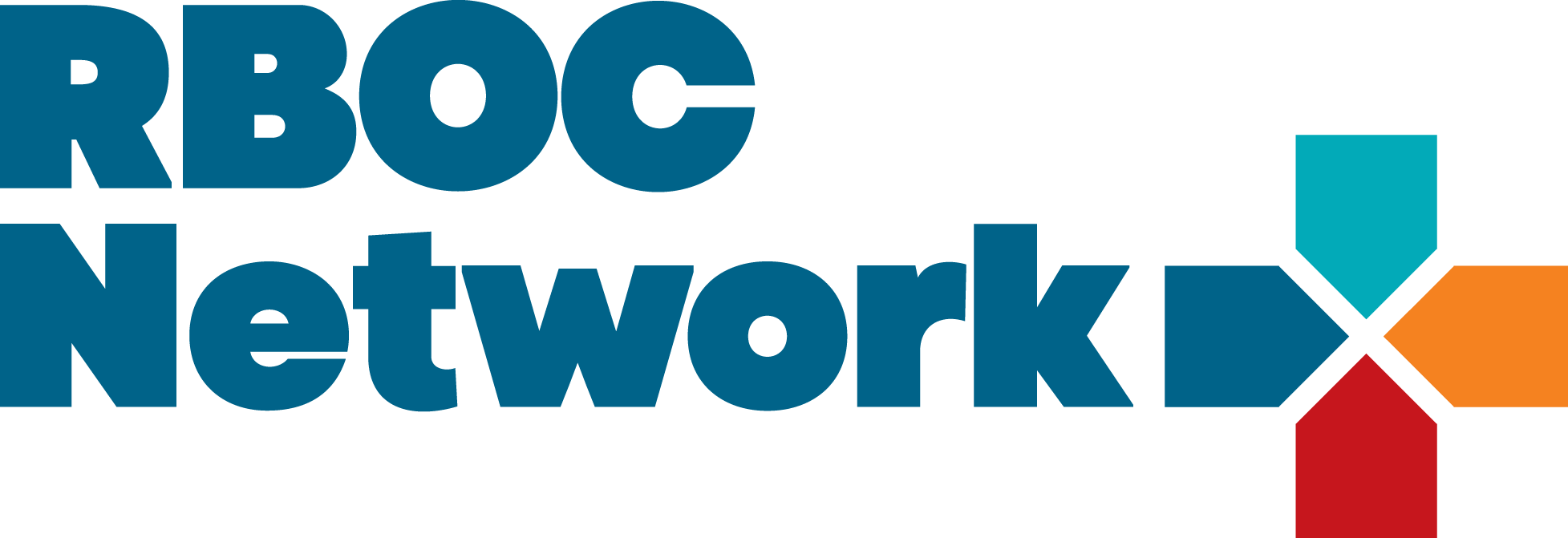A conflicted world continues to polarise us, fragmenting our relationships, and paralysing our ability to work together. A world working in concert, through collaborative and coherent international organisations and interventions seems to have evolved into an impossible dream. So, we need to reflect more on how we might cope with this complexity and with a changing geo-political landscape over the next ten years or so. Looking back, 2024 was always going to be difficult, demanding and testing, all and at the same time, with safety and security challenged in new ways. This has clearly been the case.
In many ways, our journey through 2024 has redefined our sense of crisis[1]. Crises occur cyclically and are characterised by the perceived value of loss, probability of loss and perceived stress. This creates complex decision problems for all those focused on keeping us safe. The World Economic Forum’s (WEF) report on Global Risks[2] presented at Davos in 2023 introduced the word “polycrisis” to refer to “a cluster of related global risks with compounding effects, such that the overall impact exceeds the sum of each part” (WEF, 2023). The WEF report and others, including the regular threat assessment of the US intelligence community, reveal that when it comes to crises, leaders are preparing for a long road ahead.
This note looks briefly at how recent thinking about leadership in such febrile and polycrisis-characterised times might impact on approaches to security when discussions, decisions, deployments and disruptions must take place in a context of complexity, uncertainty and the unknown.
Never before have we been so cognisant of what we do not know.
So, what hope for effective, meaningful interventions when the terrains for action are so challenging? By focucsing on leadership, we highlight the importance of a new leadership that can help to make sense, to make positive change more likely and confront the unknowns in our immediate futures. To manage their part of polycrisis, leadership needs a globally connected mindset, a systems outlook and orientation, and must invest in additional individual and
[1] Kluth, A. (2023, January 21). So we’re in a polycrisis. Is that even a thing? Washington Post. Retrieved from https:// www.washingtonpost.com/business/so-were-in-a-polycrisis-is-that-even-a-thing/2023/01/21/cf05856e-9963-11ed-a173-61e055ec24ef_story.html.
[2] https://www3.weforum.org/docs/WEF_Global_Risks_Report_2023.pdf
